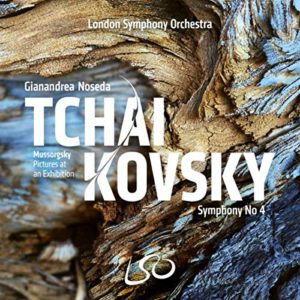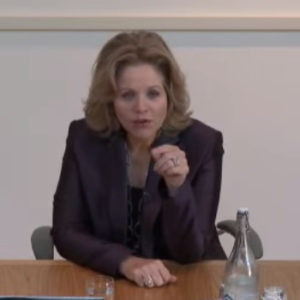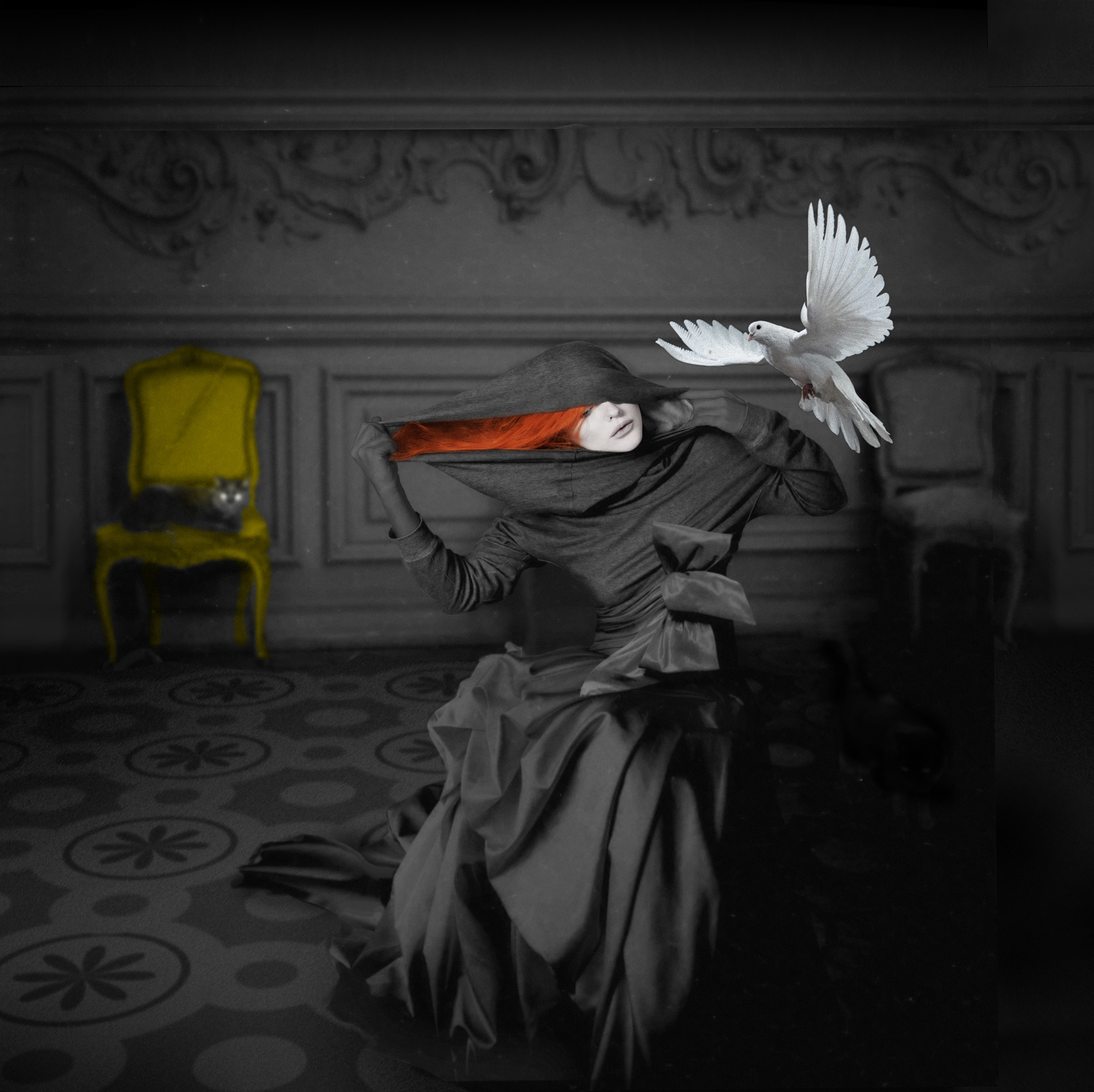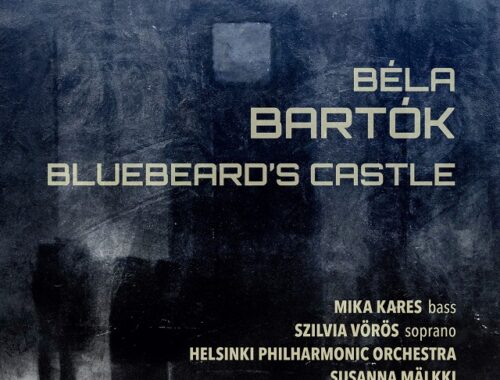GRAMOPHONE Review: Mussorgsky Pictures at an Exhibition & Tchaikovsky Symphony No. 4 – London Symphony Orchestra/Noseda
 You would surely expect an Italian to tap into the heat and ardour of Tchaikovsky’s fate-fuelled Fourth Symphony – but ‘heavy and unyielding’ is all that I took away from Noseda’s decidedly unremarkable performance. A sternness prevails – fair enough, you might say, with Fate holding all the cards – and yet what a feeble impression the opening horn summons makes. It’s almost as if Noseda has caught his players off-guard. You want them to have another crack at it.
You would surely expect an Italian to tap into the heat and ardour of Tchaikovsky’s fate-fuelled Fourth Symphony – but ‘heavy and unyielding’ is all that I took away from Noseda’s decidedly unremarkable performance. A sternness prevails – fair enough, you might say, with Fate holding all the cards – and yet what a feeble impression the opening horn summons makes. It’s almost as if Noseda has caught his players off-guard. You want them to have another crack at it.
This first movement is the weighty foundation of the entire piece, for sure, but without impulse it is diminished. Noseda’s reading seems almost wilfully to eschew movement and flexibility in favour of a rigidly monolithic approach – even the folksy woodwind-flecked second subject group feels four-square, lacking the wistful charm that its wintry melancholy should invoke. The imperative of the movement – not least in the feverish approach to the development climax – is nowhere. Compelling it is not. There is an eleventh-hour sprint into the coda (which comes as a bit of a surprise) and whilst the huge violin tremolando restatement of the first subject never fails to thrill it doesn’t feel like a release here, and certainly not the culmination of all that has preceded it.
And that failure to deliver in the first movement has a fatal knock-on effect on the rest with the songful oboe-led Andantino of the second movement leaving me emotionally disengaged in a way that I can’t remember feeling in a long while. The remaining movements are efficiently, if unremarkably, despatched but again flooring the accelerator pedal into the final pages of the finale doesn’t feel organic to me but rather a late and slightly self-conscious attempt to bring the house down. Not, then, a performance to revisit in a catalogue over-stocked with temperament and excitement. I am reaching for Mravinsky as I write this.
The Ravel orchestrated Pictures at an Exhibition fares better. Characterisation is sound (though ‘Gnomus’ feels more than a touch overworked) and the spectre of Mussorgsky is always omnipresent – particularly ‘Bydlo’ in which the LSO’s tuba principle Daniel Trodden nobly conveys the poetry of a venerable Russian woodcut. Not surprisingly there is further distinction from the LSO elsewhere – Simon Haram’s alto sax troubadour beneath the ramparts of ‘The Old Castle’ and the entire woodwind choir whose animated ‘unhatched chicks’ is like the GIF that keeps on giving.
I also like the way Noseda has of making the characterisation of individual pictures bleed into the Promenades – a feature of the piece that Ravel really runs with and enriches through his creative imagination.
A disc of two halves, then, but still not one to get excited about.
You May Also Like

A Conversation With RENÉE FLEMING
02/12/2014
A Conversation With MARY MILLER & ANDREW LITTON: Bergen Opera
24/09/2013

